Kubernetes is a leading container orchestration platform for automating application deployment, scaling, and management. Container brings a lot of scalability challenges. But Kubernetes can take over the challenges and lets you concentrate only on deployments. Its platform agnostic. Kubernetes is most often used to manage the Docker. But it can also work with any container system that packaged in Open Container Initiative (OCI) standards for container image formats and runtimes. I would like to answers some of the most frequent questions asked about Kubernetes in forums.
- What is Kubernetes used for? What is docker? Why so often related to it?
- Why it’s named as Kubernetes?
- Is it written in “C” Language ? or “C ++” ?
- Is it free? is it free for commercial use too?
- What is Openshift? How it’s related to Kubernetes?
- What are the Kubernetes variants exists today?
I also would like to share some interesting facts about Kubernetes in a shorter note.
Origin of Kubernetes:
Kubernetes is originally designed by Google Inc in 2014. It’s founded by Joe Beda, Brendan Burns, Craig McLuckie and Brian Grant, Hockin from Google Inc. Kubernetes most of the parts are heavily influenced by Google’s Borg system which is written in C++ language. Borg is Google’s internal container-oriented cluster-management system for a decade (Closed Source). Google’s Borg is the Predecessor to Kubernetes.
https://github.com/kubernetes/kubernetes

Learn more about Borg, Omega and Kubernetes.
How Kubernetes become very famous in a short span of time?
Google has donated Kubernetes to CNCF(Cloud Native Computing Foundation) in 2014 (Open Source). Kubernetes is written in GO/GoLang Language and v1.0 was released in 2015. Since its an opensource, the rapid development took a place to add more features. Different flavors of Kubernetes exists today and Openshift is one of the popular flavors from Redhat. Google is running everything in a container and spinning 3000 containers in a second (Offcourse they were doing from decade !!!). Docker maturity and Cloud revolution have strengthened Kubernetes or vice-versa !.
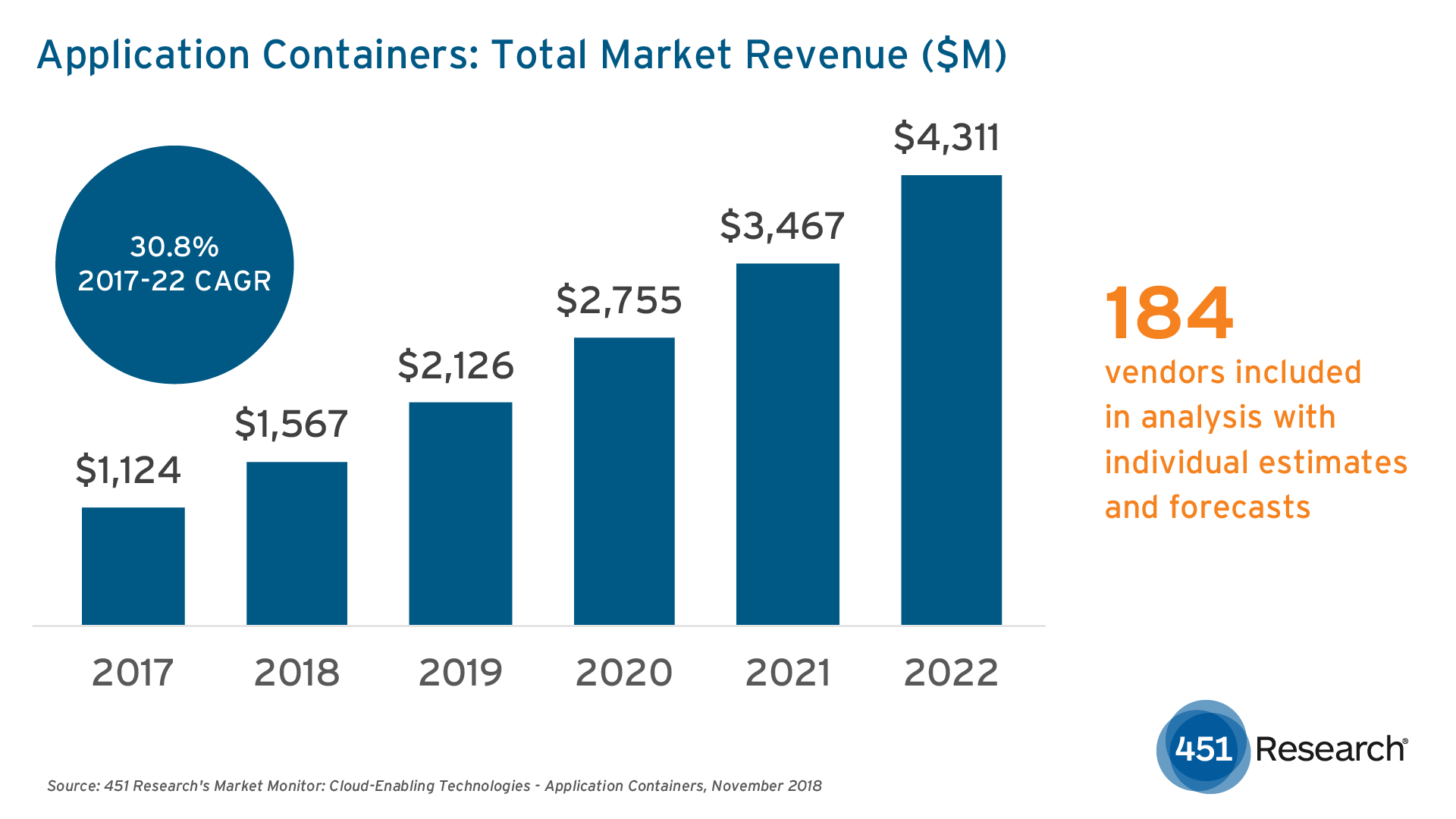
Why it’s named as Kubernetes?
Kubernetes(κυβερνήτης) is a Greek word. Since this product manages the containers, developers might felt that Kubernetes is the right name for it. In English – > “Helmsman” < the person who steers a ship.

How the Kubernetes logo designed?
In initial product development days, Kubernetes was named as “Seven of Nine: Voyager” who’s a former Borg drone. Borg is a code name for Google’s internal version of Kubernetes. To keep track of seven, The Kubernetes logo has seven sides.
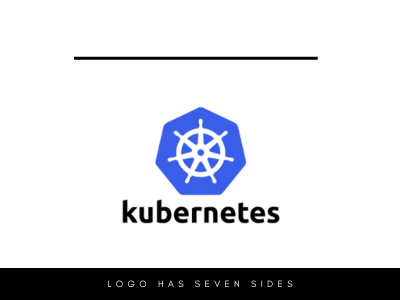
Why Kubernetes also called as K8s?
It’s simple. K U B E R N E T E S = k8s. It’s just short name(Stylished name) of Kubernetes.
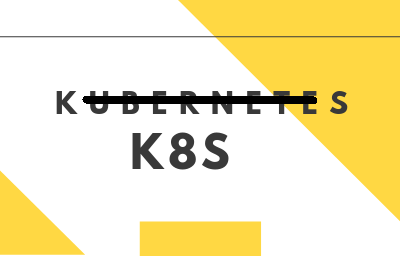
Is Kubernetes free for commercial use?
Under Apache License 2.0, Kubernetes is free to use and distribute.
What is Openshift? How it’s related to Kubernetes?
Openshift is just a Kubernetes variant from Redhat. Redhat Operates Openshift in Cloud and On-premise version. Compare to Kubernetes, Openshift is hardened more and offers Secure Kubernetes platform. Openshift also has upstream open source project. It’s available in the name of OKD (Origin Kubernetes distribution).
Here are the different Openshift offerings from Redhat.
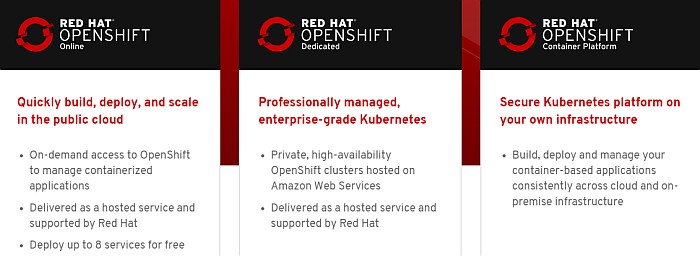
What are the Kubernetes variants exists today?
- Minikube is a method for creating a local, single-node Kubernetes cluster for development and testing
- Kubeadm-dind is a multi-node (while minikube is single-node) Kubernetes cluster which only requires a docker daemon.
- Kubernetes IN Docker is a tool for running local Kubernetes clusters using Docker container “nodes”.
- OKD – Openshift’s Opensource version – Sponsored by Redhat
- MCP with Kubernetes – Mirantis
- VMware AKS
- And Many more. Check out the Certified Kubernetes Distributions, Hosted Platforms, and Installers.
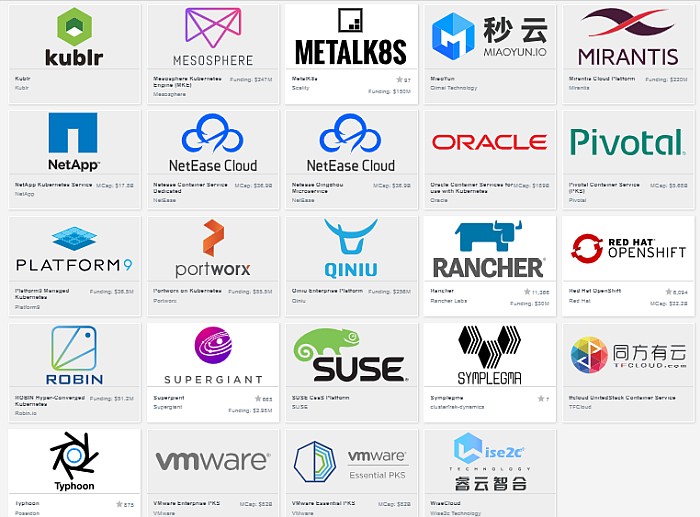
Kubernetes Alternatives :
- Docker Swarm
- Apache Mesos
Check out solutions according to your requirement.
- Local-machine Solutions
- Hosted Solutions
- Turnkey – Cloud Solutions
- Turnkey – On-Premises Solutions
- Custom Solutions
Hope this article is informative to you. In upcoming articles, we will discuss various Kubernetes components.
Share it! Comment it!! Be Sociable !!!
Leave a Reply